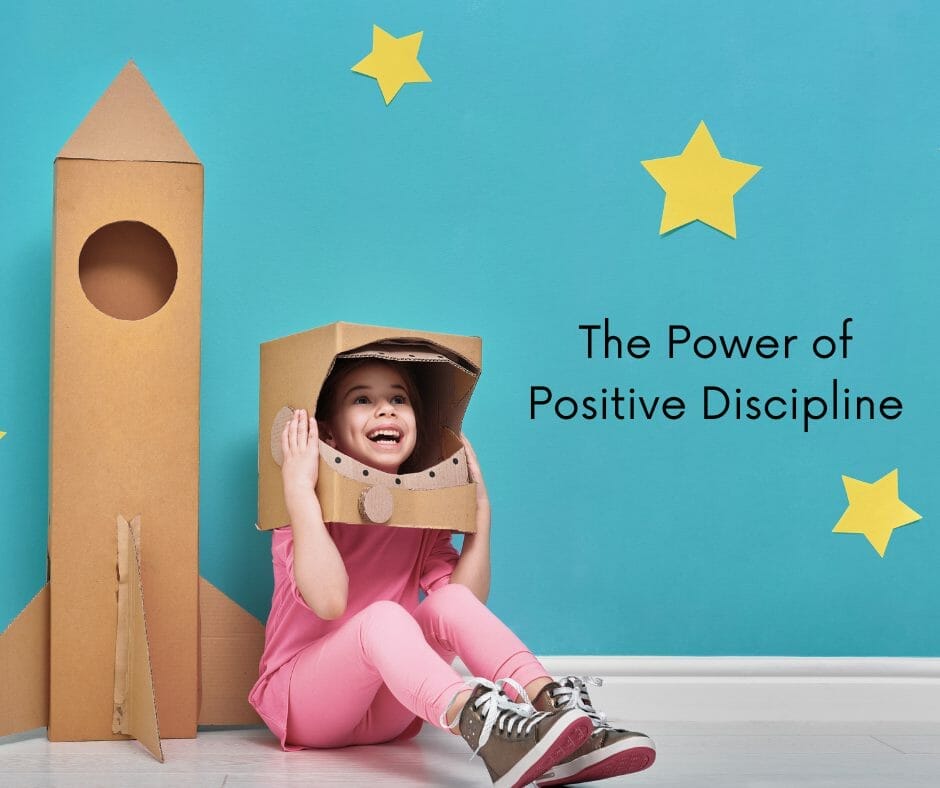Nurturing Young Minds: The Power of Positive Discipline
September 11, 2023 2023-09-11 13:38
Nurturing Young Minds: The Power of Positive Discipline
Introduction
In the journey of parenthood, discipline is a pivotal aspect of nurturing well-rounded, responsible, and emotionally intelligent children. While discipline is often associated with punishment, it can and should be approached with a more positive and constructive mindset. In this article, we will explore the importance of understanding and implementing positive discipline techniques for children, emphasizing the significance of fostering a supportive and nurturing environment for their development.
The Power of Positive Discipline
Discipline, at its core, is about teaching children how to make responsible choices, develop self-control, and learn from their mistakes. Instead of using punitive measures, positive discipline focuses on nurturing a child’s emotional and cognitive growth. It encourages parents and caregivers to be guides, mentors, and sources of unwavering support.
Positive discipline techniques encompass a wide range of strategies, all aimed at creating a harmonious and nurturing environment for children to thrive. These techniques include effective communication, setting clear boundaries, teaching problem-solving skills, using natural consequences, and reinforcing positive behavior.
Effective Communication
Open and empathetic communication is the cornerstone of positive discipline. By encouraging dialogue and active listening, parents and caregivers can help children express their feelings and thoughts. This fosters trust, emotional intelligence, and a sense of security in children, which are crucial for their overall development.
Setting Clear Boundaries
Positive discipline also involves setting clear, reasonable, and age-appropriate boundaries. These boundaries provide structure and consistency in a child’s life, helping them understand what is expected of them and what behavior is acceptable.
Teaching Problem-Solving Skills
One of the central tenets of positive discipline is teaching children how to solve problems constructively. Instead of imposing punishments, parents and caregivers guide children through the process of understanding the consequences of their actions and making better choices in the future. This empowers children to become more responsible decision-makers.
Using Natural Consequences
Positive discipline often employs natural consequences as a way to teach responsibility and accountability. Instead of arbitrary punishments, natural consequences are the logical outcomes of one’s actions. For example, if a child refuses to wear a coat on a cold day, they will feel cold, which provides a valuable lesson in the importance of dressing appropriately.
Reinforcing Positive Behavior
Reinforcement of positive behavior is a fundamental aspect of positive discipline. Praising and rewarding good behavior can motivate children to continue making positive choices. This positive reinforcement builds self-esteem and reinforces the values and behaviors parents wish to instill.
Fostering a Nurturing Environment
The crux of positive discipline lies in creating a nurturing and supportive environment. Children thrive when they feel loved, respected, and understood. Positive discipline techniques prioritize emotional well-being and mutual respect between parents, caregivers, and children.
Conclusion
In the journey of raising children, understanding and implementing positive discipline techniques is paramount. It’s about more than just maintaining order; it’s about nurturing a child’s growth and development in a supportive and constructive manner. By emphasizing open communication, setting clear boundaries, teaching problem-solving skills, using natural consequences, and reinforcing positive behavior, we create an environment where children can flourish. Positive discipline lays the foundation for emotionally intelligent, responsible, and well-adjusted individuals. To explore these concepts further, you can watch the video “Positive Discipline Class” by Heather White , which provides valuable insights into the world of positive discipline for children.
Related Posts
Nurturing Young Minds: The Power of Positive Discipline
September 11, 2023 2023-09-11 13:38Popular Tags






























